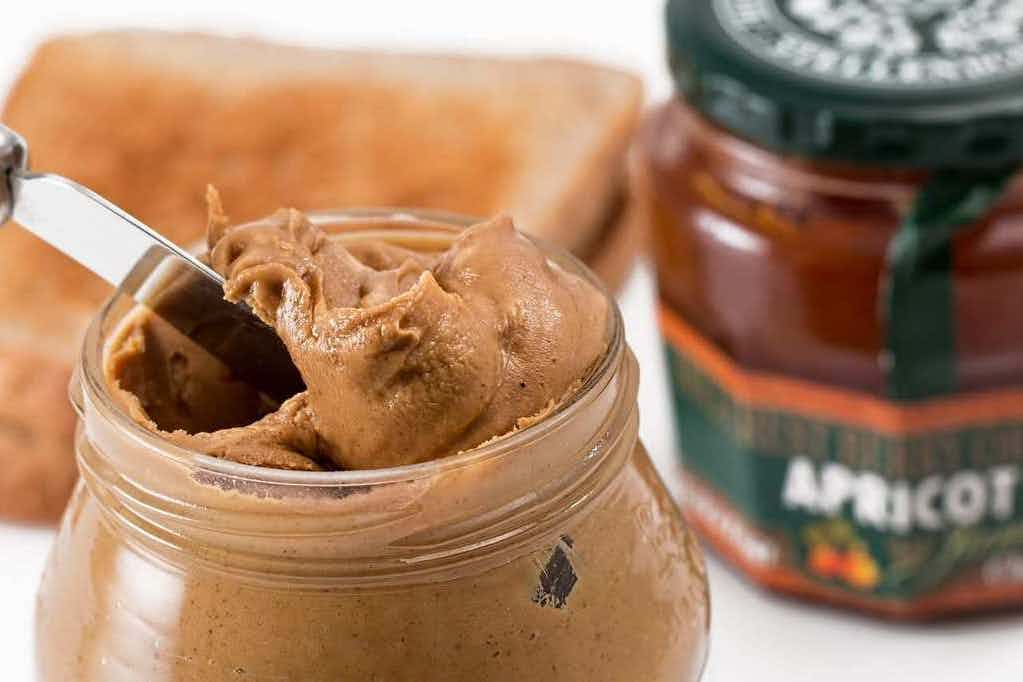Food shaming is a real issue in the fitness world. We’ve seen it with the anti-carb diets of the early 2000s and the low-fat diets of the 90s. We see it today with veganism, paleo diets, keto diets, and whatever diet Madonna is currently following.
The best diets are not based around banning foods entirely, but in curtailing your intake, so that you can find a balance between healthy and enjoyable. That said, in this article, we will look at seven foods that you should consider ditching in 2022.
We're not advocating that you remove these foods entirely from your life. Still, you should at least consider cutting down on them and replacing them with similar but healthier or lower-calorie options.
Whether you're looking for the latest vitamins and supplements, want to stock up on over the counter medication, or are looking for a digital solution for your regular prescription, our providers have you covered. Compare brands below and click on your favourite to shop their best offers now!
Food #1 Energy Drinks
Here’s the thing, a 500ml can of store-bought energy drink can contain over 230 calories! That’s about the same as a pint of beer or a KitKat Chunky. That’s a lot of calories for a drink whose only function is to make you feel more energetic. You can get the same feeling from a black coffee, which is just 1-2 calories.
Instead of an energy drink…
Sugar-free energy drinks are a suitable replacement, as they provide the same amount of caffeine but without any of the calories. Black coffee would also be a great choice.
Food #2 Smoothies
Yes, smoothies are a great source of fruit, so can be considered healthy. However, they're also very high in calories, and people often don't realise this. They can contain around 300-400 calories; some have as many as 1,000 calories.
People say that smoothies are high in sugar, but often this sugar comes from the fruit. Please do not avoid fruit because of the claim that it is high in sugar! Fruit is good for you. However, smoothies are fruit with all of the fibre removed and contain free-sugars rather than natural sugars.
Instead of a smoothie…
You can still have smoothies, but adding some vegetables such as spinach instead of three to four types of fruit would improve the calories and increase the nutrients. Also, try not to have large smoothies or more than one per day.
Food #3 Avocadoes
Avocadoes are very healthy and are an excellent source of healthy fats. They’re also a very calorie-dense food that can have up to 350 calories per serving! Unless you have a very active lifestyle, avocadoes are not something that you can justify eating every day.
Instead of avocadoes…
Nothing can really replicate an avocado, and as we’ve said throughout this article, you do not need to ditch them entirely. Just moderate how many you eat. Share one with your partner rather than having one each. Eat one every 2-3 days rather than one every day.
Food #4 Coconut or Olive Oil
Cooking oils are another example of a perfectly healthy food. But they are often over-used with little thought to how calorific they can be. There are 119 calories in a tablespoon of olive oil, and 117 calories in a tablespoon of coconut oil.
With that information in your head, think back to the last time you drizzled olive oil over your salad or poured it into a saucepan. Using too much oil can add 200-400 calories to your meals without you even realising it.
While there are some health benefits associated with using either oil, the risk of weight gain far outweighs these.
Instead of coconut or olive oil…
Why not use a cooking spray?
Sensible servings of oil should be used, but also try to use cooking sprays whenever possible. These stop foods from sticking to the pan and work out at 1-3 calories per spray!
Use olive oil for flavouring rather than as a base cooking oil. Use coconut oil for dishes that require no flavour imparted or high cooking points, but don’t use it for stir-fries. Use a spray instead.
Food #5 Nut Butters
Nut butters like peanut butter, almond butter, and cashew nut butter, have become really popular in health-food circles recently. While they are often high in protein, they are also ridiculously high in calories and don't offer many health benefits.
While not as calorie-dense as cooking oil, a tablespoon of peanut butter is still 96 calories, and who consumes only one tablespoon?
Instead of nut butters …
As with all of these (barring energy drinks) it's not about removing peanut butter from your diet altogether, it's about acknowledging that it is a treat rather than a staple of your diet.
Food #6 Processed Meat
You didn’t think we’d go a whole article without mentioning this one, did you? Processed meat has had a bad press recently, with many horror stories in the national papers. Studies have found that eating a lot of processed meat can increase your risk of several forms of cancer.
According to Cancer Research UK, eating 25g of processed meat per day is enough to increase your risk of cancer. That’s the equivalent of one rasher of bacon per day.
Instead of processed meat…
Why not try having a meat-free day?
Firstly, cutting down your processed meat is a good goal. Rather than just removing it entirely. But you could also look to replace processed meat with fish or white meat (chicken, turkey, rabbit).
There is a distinction between processed and red meat, but you shouldn't eat too much red meat either. The BBC defines processed meat as bacon, sausages, hot dogs, and deli meats.
A couple of meat-free days per week could make a massive difference to your health.
Food #7 Cauliflower Rice
Seriously, what is the point of cauliflower rice? It tastes bad, has an awful consistency, and it is used to replace regular rice, which is perfectly safe and healthy to eat.
This last food to avoid, also includes courgette spaghetti, avocado cream cheese, and all the other pointless food replacements that the internet has embraced recently. If you want more cauliflower in your diet, then learn how to cook it properly. Don’t try and shoehorn it into a meal which it wasn’t meant for!
Next time you make an Italian dish with courgette instead of pasta, picture the face of an elderly Italian woman, and feel ashamed!
Instead of cauliflower rice…
Just eat rice!
Foods to dump in 2022: Final Thoughts
Every food on this list can still be a part of your diet in 2022. We're not preaching abstinence here, that never works. Many of the foods on this list are good for you.
But they're being used in the wrong quantities, or too often, or they are cauliflower rice, which should immediately be binned upon sight!
If there is one food that you should absolutely consider ditching though, it is processed meats. Cutting down on your intake is a no-brainer, which is hard for us to say! But sadly, the scientific evidence is getting stronger by the day.
If you take one thing from this article, make it that a varied diet is best. It allows you to enjoy all these foods and thousands of others in moderation.







